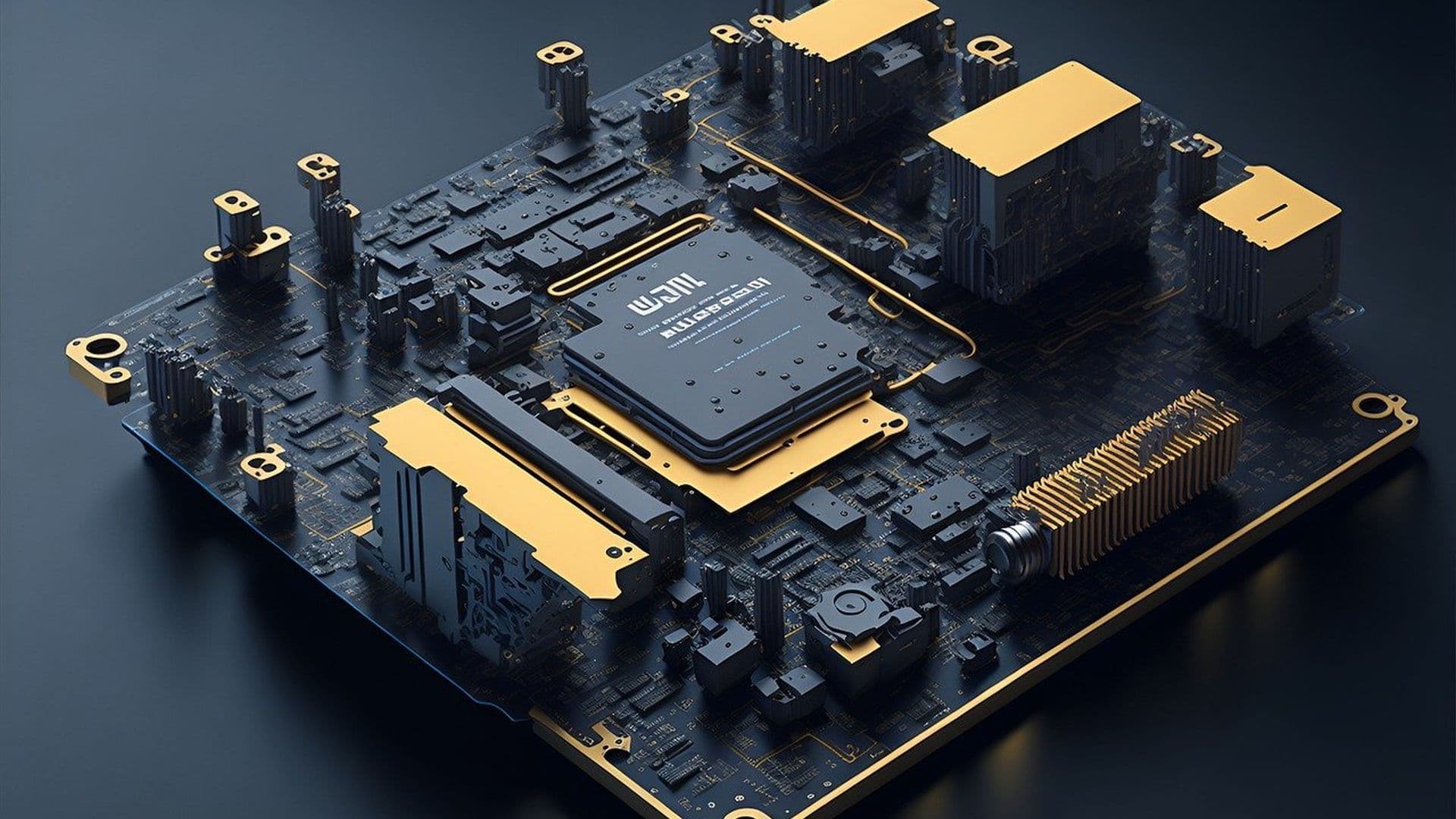How far will you go for that extra frame per second or to experience UE5 ray tracing in all its glory? GPUs aren't cheap. And while you want to get your money's worth, the last thing you want is for your PC to crash mid-killing spree (or, worse, for it to explode in a fiery mess). But are those risks overstated?
For this bounty, we want you to consider the pros and cons of GPU overclocking. Make your case for if and when it's the right decision. We're looking for at least 70 words.
Task: Make an argument for whether you should or shouldn't overclock your GPU
Format: Written or video
How to submit a written entry:
Hit the 'submit to this bounty' button just below this description - do not use the reply button unless you just want to comment on the thread, as replies will not be counted as entries!
Add a written response and feel free to include images.
How to submit a video entry:
Create your video and post it to your connected TikTok, YouTube or Instagram account.
In your post description, please tag us! We're @JustAbout__ on YouTube, @justaboutcommunity on Instagram, and @justaboutcommunity on TikTok. We'd also love it if you included #JustAbout.
Hit the 'submit to this bounty' button just below this description - do not use the reply button unless you just want to comment on the thread, as replies will not be counted as entries!
Share a link to your post in the box that appears, then expand it so we can view the video on Just About.
Once the deadline closes, we’ll pick eight submissions, award $3 to each of the winners, and may share them as curated content.
Disclaimer: Geographical and age restrictions apply. Please see our Terms of Use for more information on how bounties are created and rewarded on Just About. One reward available per member.
Take care not to breach copyright. Check our copyright policy before submitting.
Remember to link your social accounts before submitting multimedia assets!
Considering using AI to help? Think twice and first see our approach to AI content on Just About.
Image credit: TheDigitalArtist on Pixabay
Bounty Rewards
Reward closed
Created at . Page last updated at .
Deadline at .




